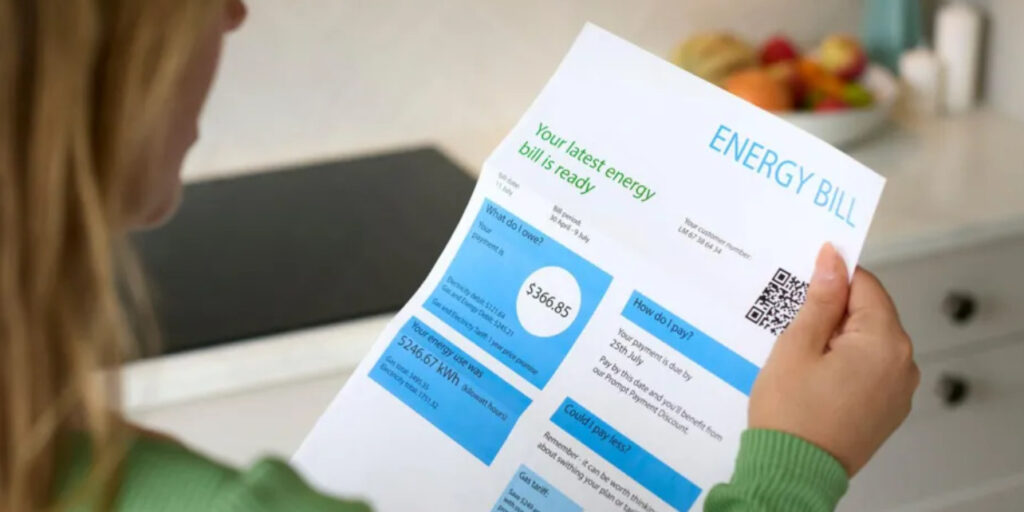Energy bills for UK households are set to increase in January, with a typical annual bill rising by £21 to £1,738, based on average usage and direct debit payments.
While this rise may seem small, it underscores the ongoing pressure on household budgets amid historically high energy costs compared to pre-pandemic levels.
The increase comes under Ofgem’s latest energy price cap adjustment, which determines the maximum charge per unit of gas and electricity for 26 million households in England, Wales, and Scotland.
Although the 1.2% rise translates to about £1.75 more per month for the average household, it leaves many struggling to heat their homes during the colder months.
While the price cap is 10% lower than the same period last year, Ofgem acknowledges the financial strain many are facing, urging customers to explore new tariffs and switch providers to save on costs.
With colder weather driving higher energy usage, bills could rise further for many. According to industry data, UK households collectively owe £3.7 billion to energy suppliers, with average arrears exceeding £1,500 for electricity and £1,300 for gas.
Charities like National Energy Action report that vulnerable groups, including pensioners and low-income families, are rationing energy use or incurring more debt to stay warm.
Energy companies have introduced support measures such as hardship funds and emergency credit, but charities argue that targeted government action is urgently needed to prevent widespread fuel poverty.
The government has reduced support compared to last winter. While pensioners receiving certain benefits can still access the Winter Fuel Payment of up to £300, others have lost eligibility, with official estimates suggesting an additional 50,000 pensioners will fall into relative poverty next year.
In Northern Ireland, where energy pricing operates under a separate system, some pensioner households will receive a one-off £100 payment to help with the cost of living.
Energy Secretary Ed Miliband has attributed the price volatility to global fossil fuel markets, stating the government is prioritising domestic energy generation to stabilise future costs.
The rising costs have left many, like Angela from Liverpool, in difficult situations. Struggling with over £1,000 in energy arrears, she has resorted to avoiding heating altogether, relying on warm clothing to endure cold evenings.
Community initiatives such as Kitty’s Laundrette in Liverpool are stepping in to provide affordable services, including free laundry options for those most in need.
Anthony Scott, who helps run the co-operative, highlighted the frustration and financial distress many are experiencing, with families feeling “priced out of using energy in their own homes.”
The next energy price cap review in spring will reveal whether household energy costs are set to stabilise or increase further. In the meantime, experts advise consumers to closely monitor their energy use, consider switching tariffs, and seek assistance if struggling to pay bills.


